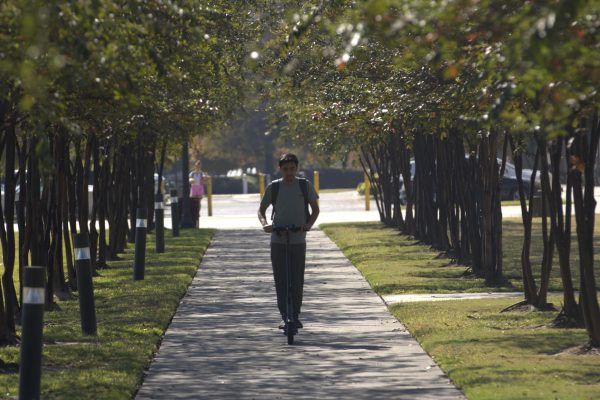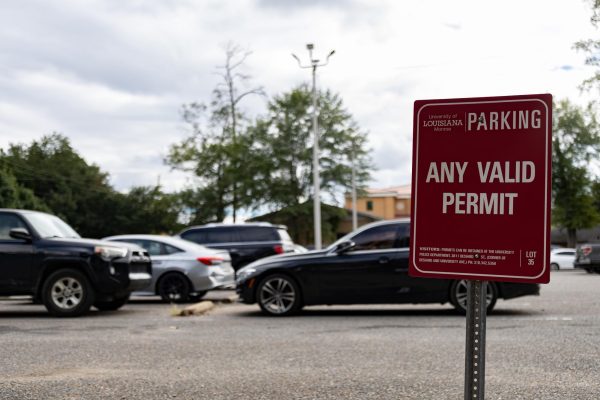Humanities majors want to do more than just educate
I shouldn’t feel embarrassed when a person asks me about my major.
However, when they do and I say that I’m studying English, they immediately respond with “so, do you want to teach?”
My major is something I wear proudly when I’m working or learning in the classroom. However, all ego sinks to nothing as soon as I hear those words. Why is that?
Don’t get me wrong, I love teachers. Both of my parents teach. I wouldn’t mind it so much if I wound up following in their footsteps.
I’m prepared to do just that, but there is more to being an English major than just teaching.
Middle school was filled with peers who thought of reading as a chore. I was one of the few that were inspired by the words on the page.
After years of being undecided, I’d finally come to the conclusion that I wanted to write.
I wanted my words to inspire others as the words of others have inspired me.
I wanted to make people laugh, cry, and think about things in ways they never have before. By the time I reached high school, I knew.
But, when faced with countless tales about starving artists, I became afraid to admit it. When I declared English as my major in college, I held on to that dream while keeping my career options open.
At PREP, I saw many who proudly stated their majors.
pre-med, nursing, pharmacy, accounting, all of them knew exactly what they wanted. Occasionally I would hear a quiet voice say English, biology, or history.
These were often followed by the same question above from the inquirer. Do you want to teach?
No one asks if I want to go to law school or if I want to be and editor, technical writer, or journalist. Almost everyone will ask if I want to be a teacher.
No one asks the pre-med major if they want to be a nurse or the pharmacy major if they want to be a chemistry teacher.
There are a lot of misconceptions about the humanities and their importance in society.
To those who don’t enjoy them, they can be seen as nothing more than a useless chore that educators force on students and that they will never use in the real world.
What people of all majors fail to realize is that they will use the skills they learn in English classes every single day. Few seem to realize what the English major actually studies.
I’ll give a hint, it isn’t grammar, although grammar is embedded in everything.
During my four years as an English major I’ve studied how and why English works the way it does in Linguistics. I’ve learned a foreign language. I’ve taken classes such as literary criticism and creative writing.
I’ve also studied some of the great authors such as Chaucer, Milton and Shakespeare.
All of these authors have had a profound affect on the movies, TV shows, and yes, even religion that we use today.
Embedded into all of these practices are the skills to think critically, to read and analyze materials, to communicate ideas effectively, and most importantly how to write.
These skills may not seem like much to the average person, but each of the skills I’ve acquired are wanted by most employers for employees of any job position, not just educators.
Belonging to the college of Humanities is not something I should be afraid to admit publicly. There is a negative stigma that surrounds our majors but without us there wouldn’t be any music to listen to.
There would be no movies to rave about or sitcoms to argue about.
People should remember that before they look down on those who major in humanities or just assume that they want to teach.



